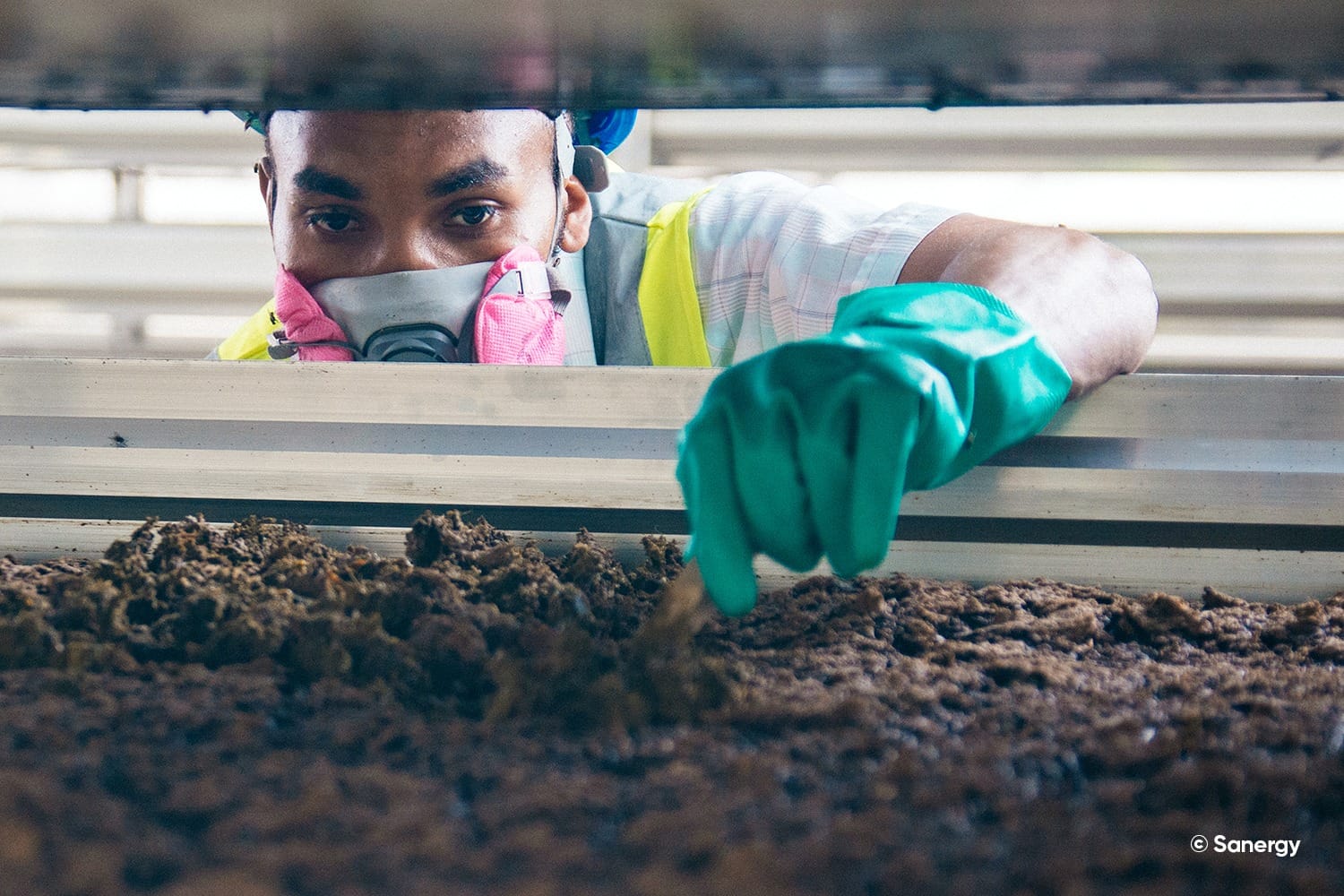
Markets
Sustainable Waste Management Through Black Soldier Fly (BSF) Farming
In today’s world, effective management of organic waste stands as a critical environmental challenge. The Food and Agriculture Organization (FAO) reports that annually, approximately one-third of all food intended for human consumption, equating to 1.3 billion tons, is either lost or wasted. This not only represents a significant economic loss but also exacerbates greenhouse gas emissions. Organic waste, when left to decompose anaerobically in landfills, releases methane – a potent greenhouse gas contributing to climate change.

Transforming Waste into Resources with BSF Farming
Black Soldier Fly (BSF) farming emerges as a groundbreaking solution, offering multiple benefits for waste reduction and sustainability:
• Efficient Waste Reduction: BSF larvae have an impressive appetite, consuming up to twice their body weight daily. This capability allows for up to 95% reduction in organic waste, diminishing methane emissions from landfills.
• Production of High-Quality Protein: The larvae provide a protein-rich biomass, ideal for poultry, fish, pigs, and pet feeds. With up to 60% protein content and essential amino acids, BSF larvae present a sustainable alternative to conventional feed sources.
• Valuable By-Products: BSF farming also yields several by-products with significant utility:
- The larvae’s frass (excrement) serves as a nutrient-rich organic fertilizer, enhancing crop growth.
- Extracted oil from the larvae can substitute for diesel fuel in vehicles or generators.
- Chitin, derived from the larvae, offers potential as biodegradable plastic for packaging or medical uses, thanks to its antibacterial and antifungal properties.
Black Soldier Fly bioconversion represents the next step in the evolution of waste management. Its multifaceted benefits, including protein production, industrial fertilizer replacement, and carbon footprint reduction, position it at the top of the resource ladder. As organic waste companies strive to offer comprehensive and sustainable solutions, integrating BSF bioconversion into their portfolio of services is not just advantageous—it’s imperative for building a greener, more resilient future.
